
10 Snoring Solutions Your Partner Will Be Thankful For
10 Snoring Solutions Your Partner Will Be Thankful For
Snoring is a very common affliction that isn’t dangerous for someone’s health, but it can be very annoying for those sleeping with you. Most of the times, people snore when they sleep on their back or when their lifestyle is quite unhealthy. In order to reduce it, there are many things you can try at home before visiting a doctor. If, of course, the issue persists, you might need to visit a sleep clinic.
1. Choose the right mattress.
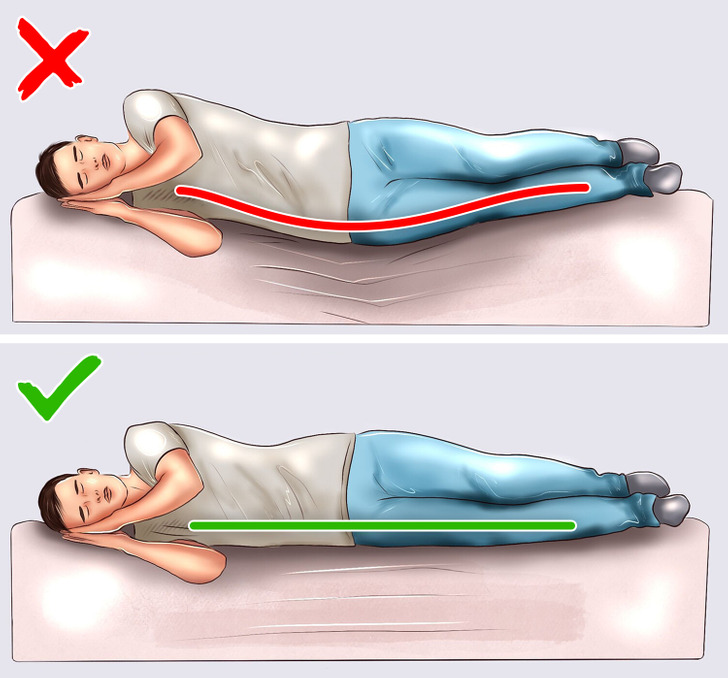
"Avoid sleeping on a mattress that’s too soft, as it can cause your hips and lower back to sink, leading to discomfort. Instead, opt for a firm mattress that supports the natural alignment of your spine and provides lasting comfort.
2. Sleep on your side.
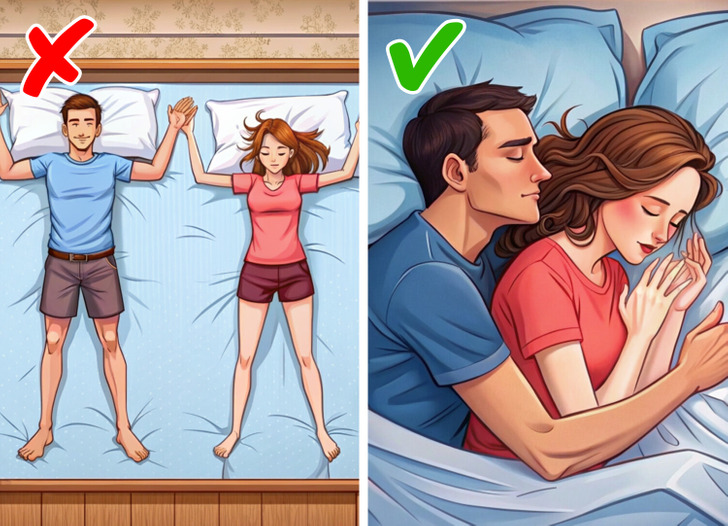
Try sleeping on your side rather than in other positions, as this can help prevent your tongue from falling back and blocking your airway.
3. Sleep face down
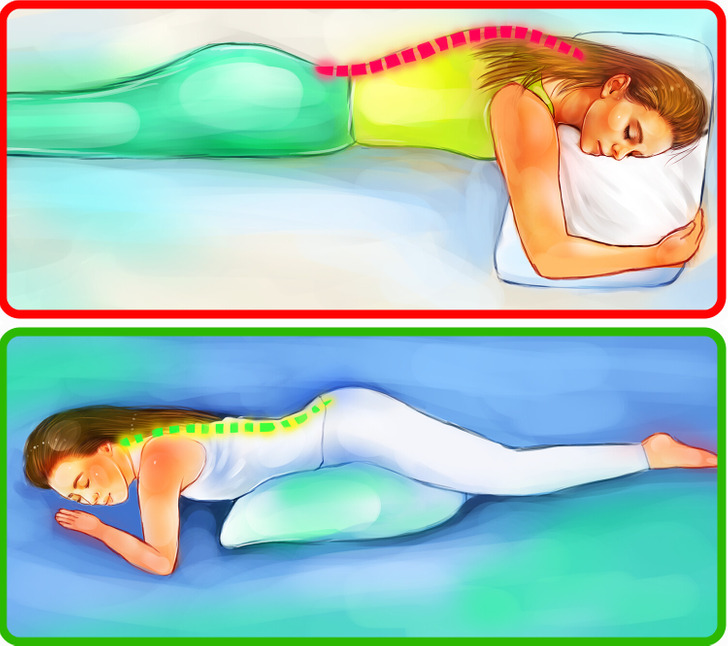
In this position—known as the 'freefall'—you lie face down with your head turned to one side and your arms tucked under or wrapped around a pillow. One of its main benefits is that it may help reduce sleep apnea or chronic snoring.
4. If you sleep on your back, prop yourself up accordingly.
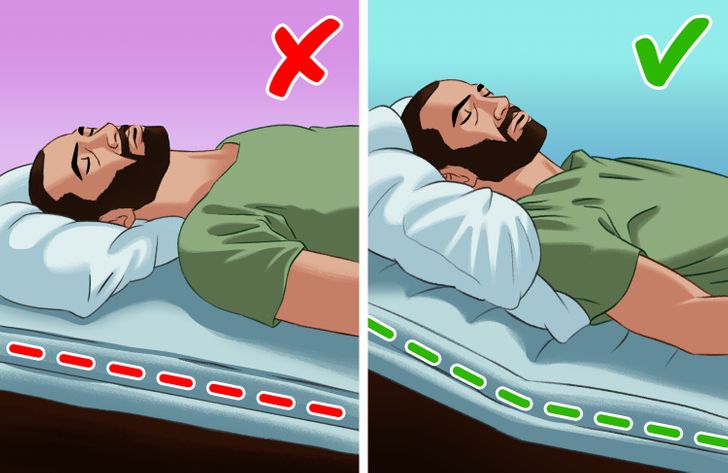
If you can’t sleep on your side and need to lie on your back, try elevating the head of your bed by a few inches if possible. Using an extra pillow can also help.
5. Practice singing exercises.
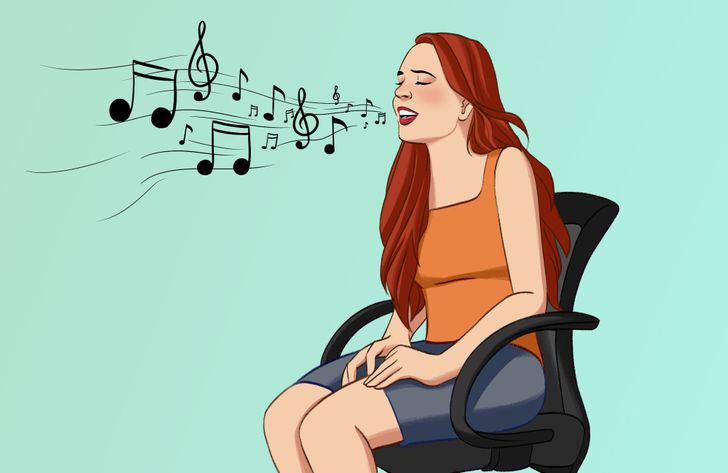
Vocal exercises can do wonders for your sleep. Practice singing for 20 minutes every day so you can tighten your throat muscles, which can help to prevent snoring.
6. Try to hug something.
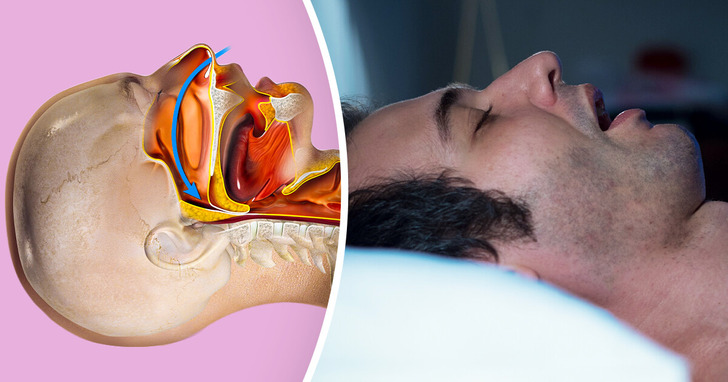
"Sleep apnea is a sleep disorder in which a person’s breathing becomes irregular during the night. As a result, sleep is frequently disrupted, leading to repeated awakenings and persistent morning fatigue and daytime drowsiness. Hugging a pillow can help reduce the effects of this condition. Using a body pillow provides full-body support and encourages side sleeping, which may alleviate symptoms.
7. Open your nasal passages.
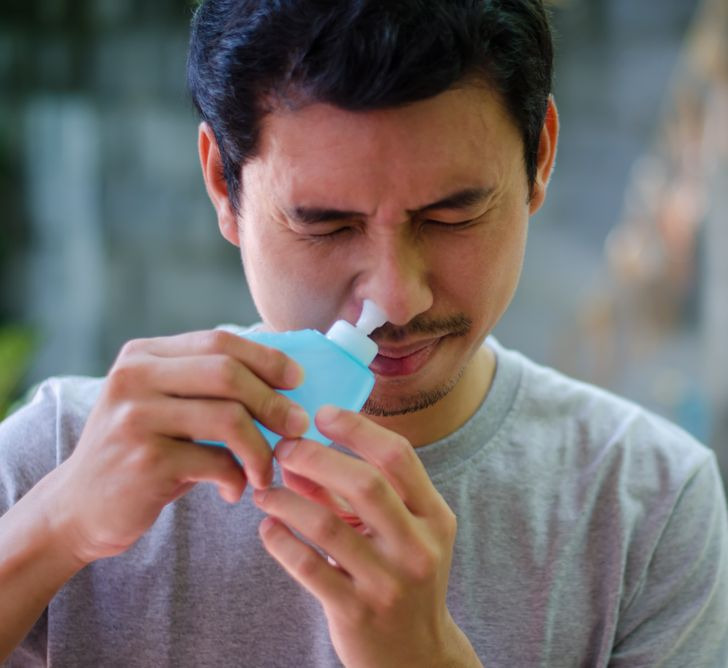
It might not be the most comfortable practice, but using a neti pot has been proven effective for clearing your sinuses. Simply stand over a sink, insert the spout of the neti pot into one nostril, and let the water flow in—allowing it to exit through the other nostril. You can do this for about one minute per nostril.
Just be sure to use only distilled or sterile water, as recommended by the FDA. Tap water may contain impurities that can be harmful.
8. Change your pillows more often.
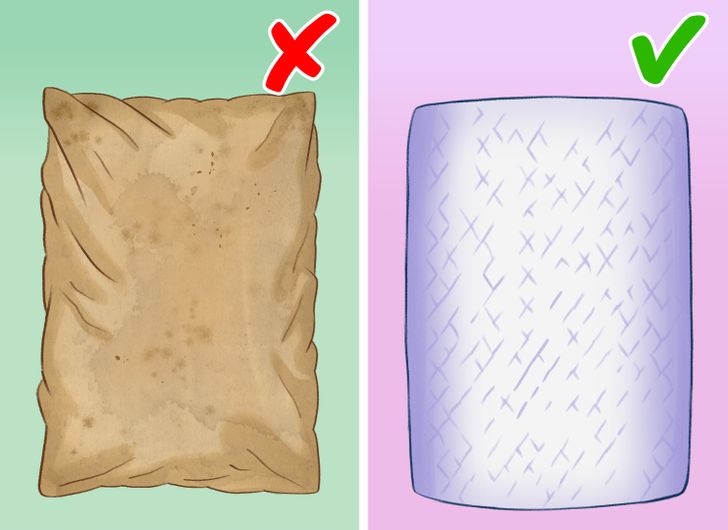
Dust mites can accumulate on your pillow and cause allergic reactions, leading to snoring. Replace your pillow at least every 6 months.
9. Get enough exercise.
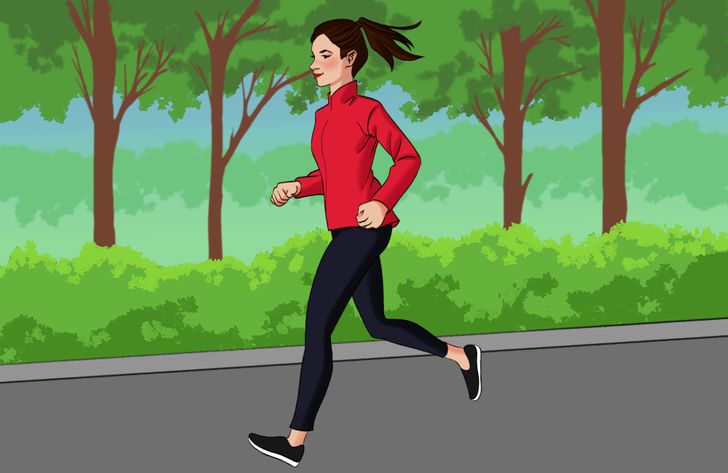
Exercising your body can actually help you get rid of your snoring problem as it can tone all your muscles, preventing anything from becoming loose.
10. Losing tongue fat may help to improve sleep apnea.
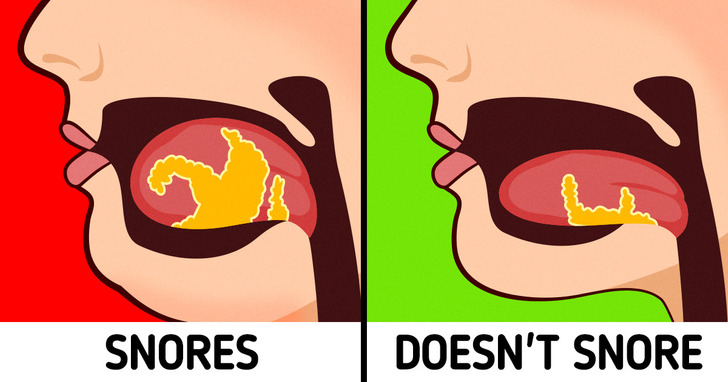
A study led by Dr. Richard J. Schwab, Chief of Sleep Medicine, compared obese individuals with and without sleep apnea. The findings revealed that those with sleep apnea tended to have larger tongues and a higher percentage of tongue fat than those without the condition.
The researchers believe that tongue fat could become a new therapeutic target for managing sleep apnea. They propose that future studies should investigate whether specific diets or treatments can help reduce tongue fat.
Do you or someone you know struggle with heavy snoring? What steps are being taken to address it?
News in the same category


Leg Pain, Rheumatism, Varicose Veins, Arthritis – Natural Remedy with Cloves & Garlic! 🧄🌿

6 Dementia Symptoms You Might Overlook at First
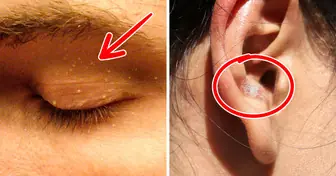
6 Subtle Facial Clues That Can Reveal Serious Health Conditions

Preventing Stroke and Cerebral Infarction: Remember These 3 Health Indicators, 1 Critical Condition, and 6 Things You Should Never Ignore
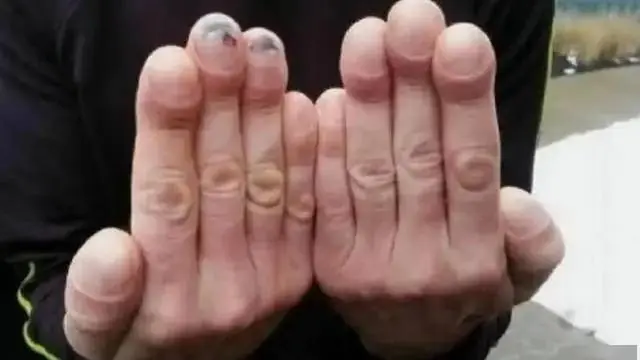
4 Changes in Your Fingers That Could Be Signs of Lung Can.cer – See a Doctor Immediately!

Cancer Doesn’t Hurt at First, But If You Notice These 8 Signs During Bathroom Visits, See a Doctor Immediately: Don’t Ignore Them

The world’s oldest woman, who lived to 117, ate the same meal every day throughout her life

Gynecologist Refuses to Treat Trans Woman, Sparking Backlash Over Refused Care

A 4-Year-Old Girl Nearly Lost Her Life to Diabetes — Parents in Tears: “I Spoiled Her Too Much!”

8 Signs of Kidney Failure That, If Ignored, Could Lead to a Lifetime of Dialysis

A 52-Year-Old Man Died from Diabetes: Doctor Warns – Remove These 4 Breakfast Foods from Your Table

Celebrities Reveal Ozempic Side Effects as Simulations Show Its Impact on the Body

Scientists Accidentally Discover New Human Organ Hidden in the Head

Unlock the Secret Power of Guava Leaves: Transform Your Hair, Skin, and Health Naturally

New Study Finds Anal Cancer Rates Rising, Especially Among Older Women

The Strongest Teeth Whitening Recipe at Home in 2 Minutes: Whitening Yellow Teeth from Tartar Naturally with Tomatoes and… 🍅✨

Alarming Rise In Colon Cancer Among Young People May Be Linked To Contaminated Salad, Study Finds

Alarming Health Alert: Experts Say New Virus Is Nationwide — America Must Prepare Immediately
News Post

Ginger Lemon Juice: A Potent Elixir for Health and Wellness

Leg Pain, Rheumatism, Varicose Veins, Arthritis – Natural Remedy with Cloves & Garlic! 🧄🌿

Papal Conclave First Result Is In, Sparking Public Reactions — Details

Administrator of Liam Payne's $32.2 Million Estate Revealed, Causing a Public Stir

6 Dementia Symptoms You Might Overlook at First

Toddler Claims to Remember Being Murdered in a Past Life and Identifies Where He Was Buried

6 Subtle Facial Clues That Can Reveal Serious Health Conditions

Preventing Stroke and Cerebral Infarction: Remember These 3 Health Indicators, 1 Critical Condition, and 6 Things You Should Never Ignore

4 Changes in Your Fingers That Could Be Signs of Lung Can.cer – See a Doctor Immediately!

Cancer Doesn’t Hurt at First, But If You Notice These 8 Signs During Bathroom Visits, See a Doctor Immediately: Don’t Ignore Them

Details About Donald Trump Not Being Invited Back to the Met Gala Resurface - What Happened

She Was Dubbed 'The Most Beautiful Girl in the World' at 5 – How She Has Changed Will Shock You

I Photographed My Half-Sister's Wedding for Free, but She Said I Didn't Deserve a Seat Because I Was Working and Not a Guest

Ozempic at the Met Gala: 5 Celebs Who Reportedly Show Drastic Weight Loss — Hollywood Doctors Speak Out

I Noticed the Groom Kept Rubbing His Wrist at My Best Friend’s Wedding—So I Stepped in and Exposed a Terrible Secret

Anne Hathaway Faces Plastic Surgery Speculation After 'Tight' Met Gala Look Goes Viral

She Once Lived in a Shed With Her Mom, Not Knowing Her Father & Barely Surviving — Now She's a Top Star

Administrator of Liam Payne's $32.2 Million Estate Revealed, Causing a Public Stir
